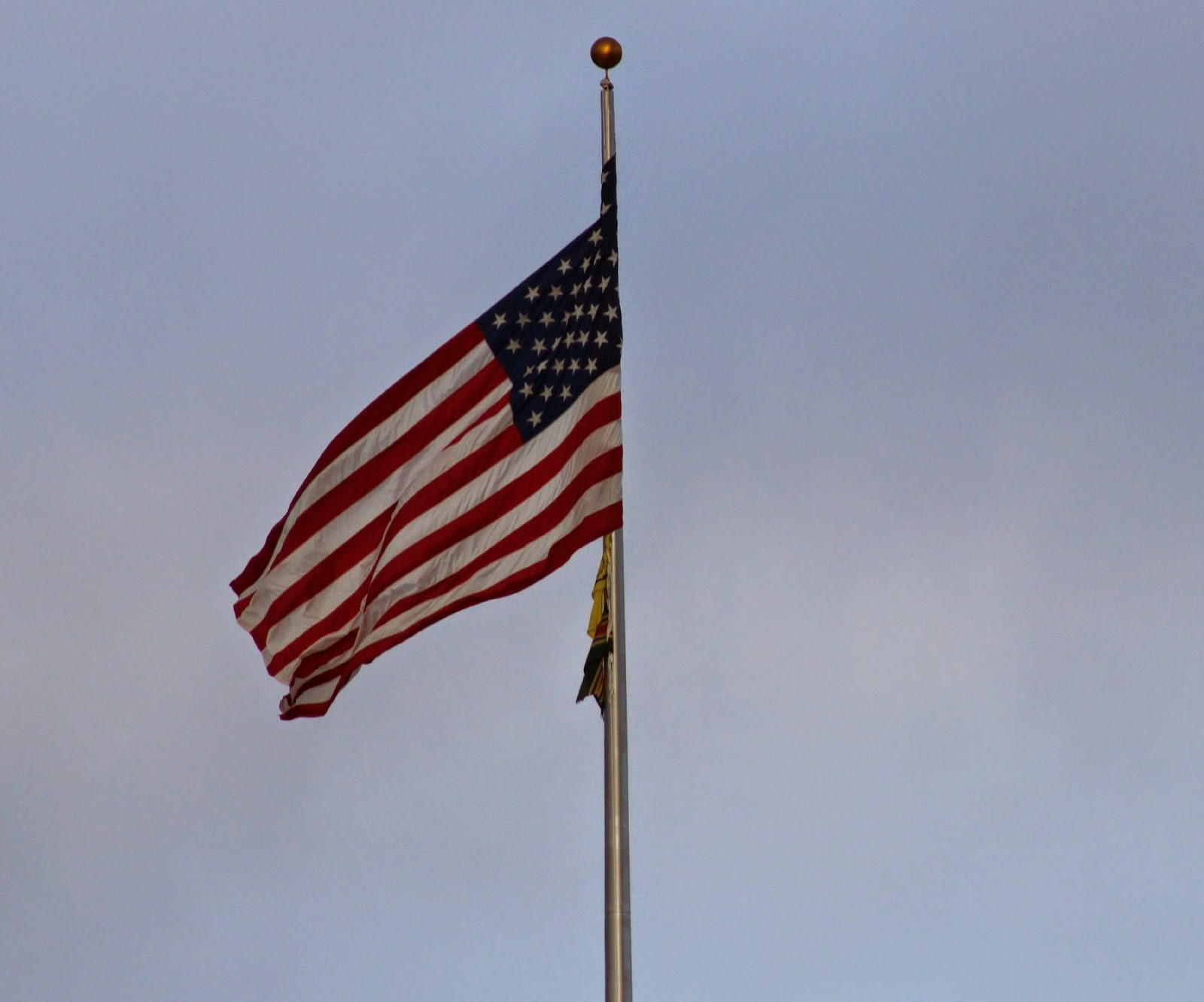Military education has come a long way over the past
hundred or so years. The authors John Persyn and Cheryl Polsen (2012) discuss
the changes in military education and how it has adopted new technologies as
well as more complexity to match the environments in which members now find
themselves. They discuss the trends in military education that includes more
distance education as well as higher levels of critical thinking and
problem-solving skills.
During the Civil War education was primarily focused
on learning how to read. The first textbook was the Bible as this is something
many of the military members carried. The skills needed for successful service
were relatively simple and the ability to read was of minor concern. As the
military grew in ability the needs to read and write instructions become more
pronounced.
Today’s military is very complex and even lower rank
enlisted members have needs for education and the ability to handle complex
equipment. Higher level officers need additional training in complex problem
solving and critical thinking skills. The modes of learning have adjusted to keep
up with the needs of learning in the modern military.
The military education market includes 3.2 million
active, National Guard, civilian and other members (US DoD, 2012). The needs
range from skills training on the entry level ranks all the way up to complex
thinking skills at the upper end of the ranks. Finding a method of training
this wide and diverse group of people across the globe can be a daunting
task.
The authors discuss the history of training, needs
of training, and the overall educational landscape. This ranges from veterans
returning to active duty members in need of updating skills. They do bring
forward the concept that professional military education should include curriculum that helps members make sound judgments in a rapidly changing
environment. The goal of learning in the
military should include developing higher-order thinking skills for all
soldiers as they prepare for a dynamic, complex, ambiguous environment that
includes high technology equipment and global distribution networks.
Comment:
The authors acknowledge the benefit of online training with game simulation. It
is possible to develop officer learning series that allow for updating skills
in virtual locations. Changing technology is affording the possibility that online
military colleges can be developed that include concepts such as critical
thinking, situational games that teach complex skills, videos, test taking,
personnel management, food management, distribution, strategy development,
etc... Programs and courses often mirror those learned in their civilian
counterparts but are more focused and specific.
Persyn, J. & Polson, C. (2012). Evolution and
influence of military adult education. New
Directions for Adult and Continuing Education, 136.
